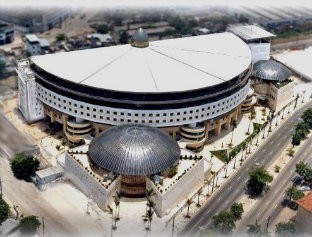Lusophone evangelism

In 1999, the former Portuguese colony of Macau reverted to Chinese sovereignty. A decade later, Macau’s Catholic Bishop José Lai Hung-seng stressed the positive impact the move had had on his church. He was pleased to report on new opportunities to build bridges with other churches around the world, especially in Portuguese-speaking countries in Africa, Latin America and elsewhere in Asia. If Macau was now definitively part of China, it was still proud to belong to a global community hundreds of millions strong, the world of Portuguese heritage—Lusophonia.
The global map of Christianity owes much to the European empires that originally spread the faith, and this remains true long after the empires themselves have crumbled. The world’s churches still show the traces of the old British, French and Spanish colonial systems. Beyond spreading their languages, those empires formed patterns of mission and migration that continue to determine religious faith and practice.
Least well known to Americans is the oldest of the European empires, the Portuguese. In the 15th and 16th centuries the Portuguese built a sprawling empire in Brazil, in southern and western Africa, in Goa (India) and in the East Indies. Macau itself became a Portuguese possession in 1557. Although Portugal faded, the empire survived, as did its language and its churches. Not until 1974 did the empire lose its hold over Angola and Mozambique.




